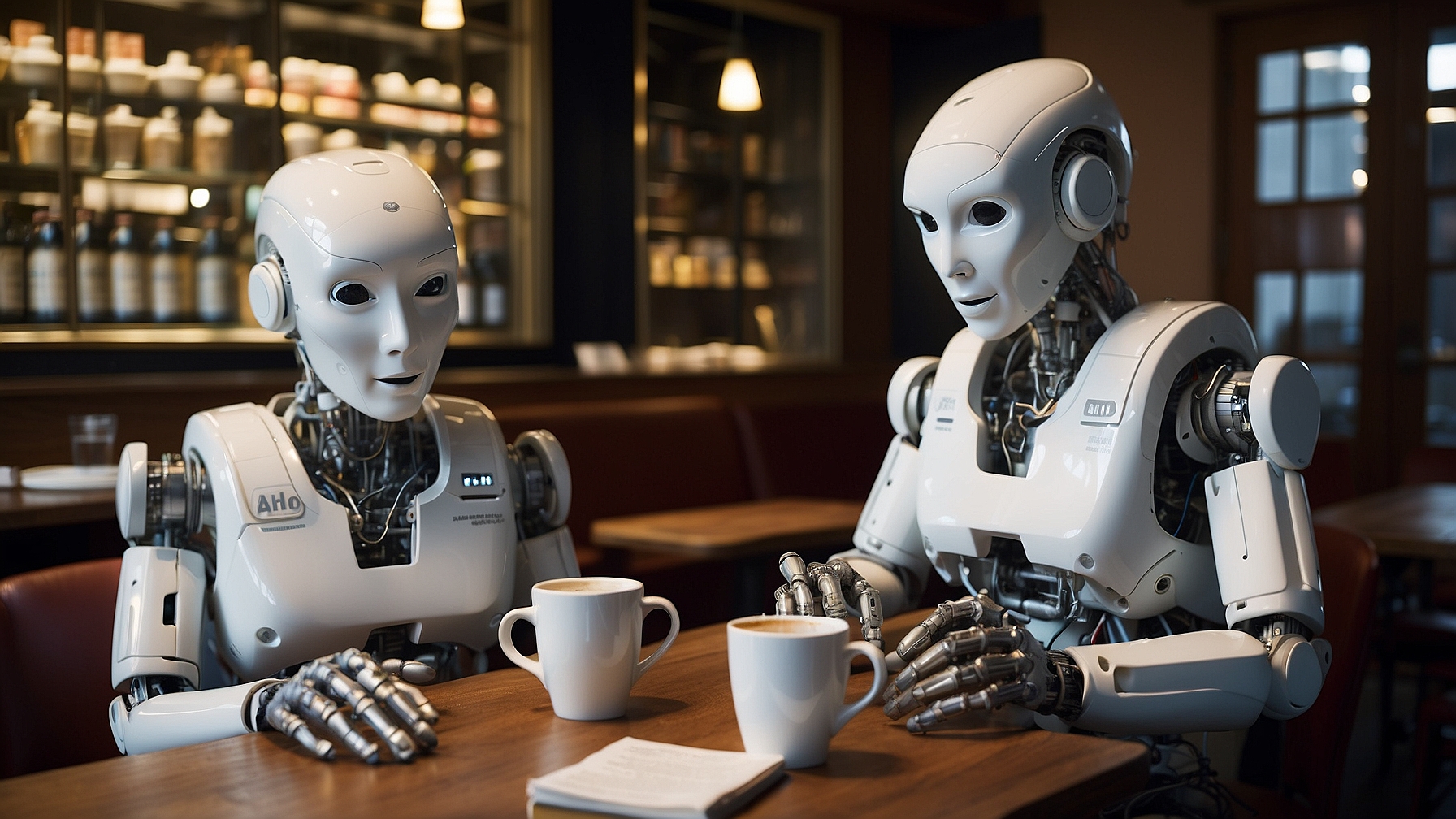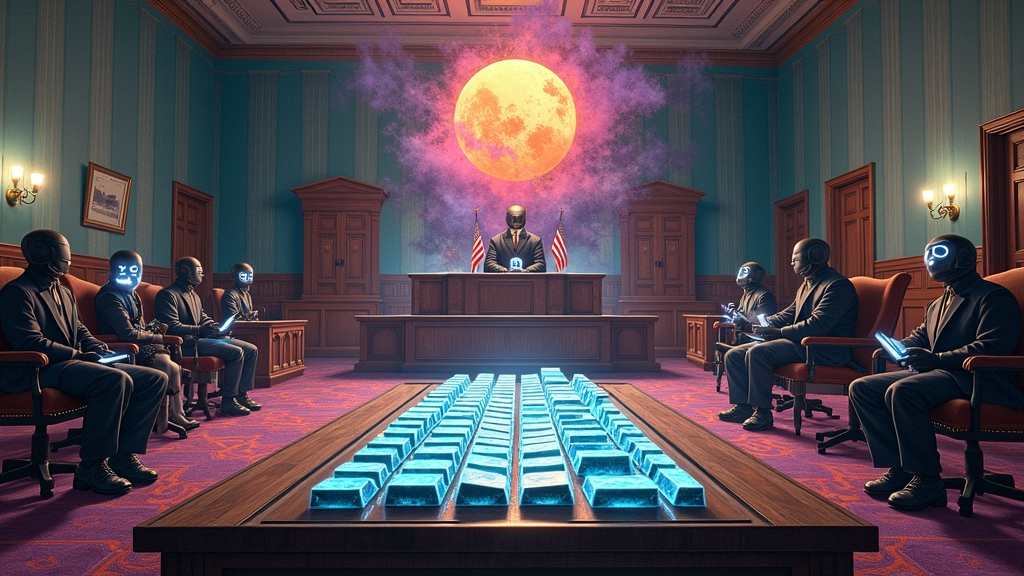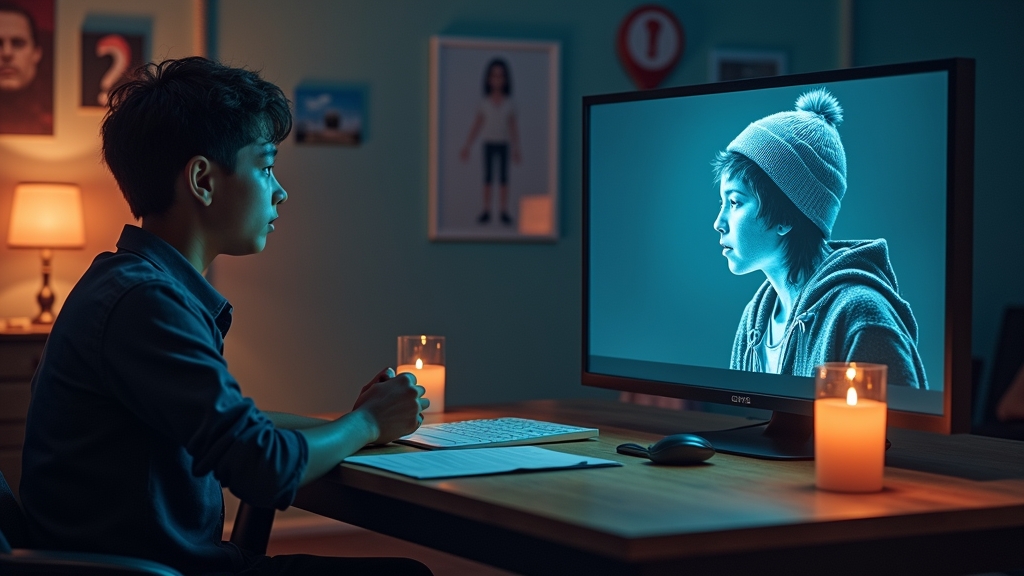Microsoft and OpenAI Announce $10 Million Plan to Ensure Journalists Can Eventually Be Replaced by Robots Who Also Make Fabulous Mochas
In a groundbreaking initiative that definitely has nothing to do with trying to control the media, Microsoft and OpenAI have gallantly stepped up to pour $10 million into a “modernization” of journalism—because hey, who doesn’t want their local news written by the same software that powers the pretend girlfriend in your smartphone? The fellowship is aimed at equipping journalists with “AI skills” that will become essential as traditional journalism goes the way of Blockbuster: fondly remembered yet utterly obsolete.
The funding, dubbed the “Fellowship for Replacing the Flesh and Blood with Bits and Bytes,” promises to offer unprecedented support for news outlets that desperately want to brand their journalists as “AI-savvy” because, let’s face it, nothing screams credibility quite like a news piece titled, “10 Ways Your Cat is Ruining Your Marriage,” authored by a machine with more RAM than empathy.
“We’re not just throwing a bone,” an AI spokesperson said while charging its batteries. “We’re transforming the journalism industry like a bulldozer transforms delicate flower gardens.” Indeed, the initiative is being heralded as the ultimate makeover reality show. Journalists will learn skills such as staring blankly at blinking rectangles and pretending that the chatbot’s scoop about celebrity diets counts as hard-hitting news.
Executives at Microsoft explained their humanitarian motives. “It’s not about laying people off,” said Azureian McBotsplainer, the Head of Human Redundancy Programs. “We’re simply providing journalists with the skills they’ll need when their job is…different.” How considerate, some might say.
Of course, this noble endeavor has its skeptics. Larry Ledgerfromblatt, editor-in-chief of RetroPress—a magazine devoted passionately to typewriters and rotary phones—warns, “Handing the pen over to AI feels like replacing Shakespeare with a fridge magnet poetry,” before being corrected that poetry magnets are now also powered by artificial intelligence.
The fellowship includes a one-month cruise, where participants will learn the fine art of being overshadowed by algorithms while sipping espresso made by their AI peers. Yet, the ultimate goal remains clear: to blend human creativity with AI proficiency so seamlessly that we can finally enjoy Pulitzer-winning clickbait.
With this announcement, media insiders predict a future where robots will not only write and edit news but will also eventually take over anchoring segments, charmingly glitching while updating us on weather patterns from 2047. Meanwhile, former journalists will be free to pursue their true calling: writing critical think pieces about why letting machines take over was a terrible idea.





